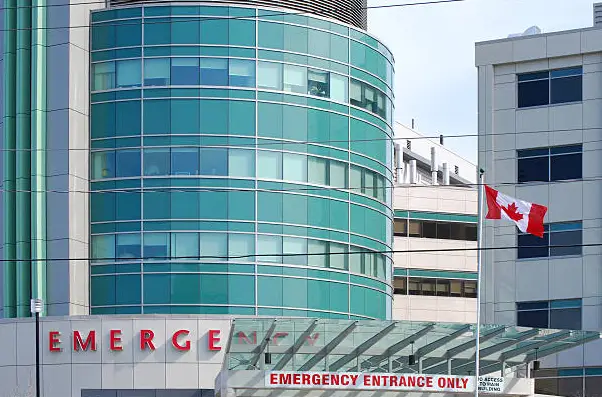Embarking on a journey for medical treatment is often accompanied by meticulous planning and anticipation. However, despite our best efforts, unforeseen circumstances may arise, leading to the need for an extended stay. Whether it's due to unexpected complications, additional procedures, or simply requiring more time to recuperate, knowing how to navigate the process of extending your stay is crucial. In this guide, we'll delve into the steps involved in extending your stay if your treatment takes longer than expected.

Understanding Your Current Visa Status:
Before diving into the process of extending your stay, it's essential to understand your current visa status. Different countries have varying visa regulations, including provisions for medical treatment. Determine the type of visa you hold and whether it allows for extensions under certain circumstances, such as medical emergencies or treatment.
Read more: What are the eligibility criteria for a medical visa?
Consulting with Your Medical Team:
Communication with your medical team is paramount if you anticipate needing an extended stay. Discuss your treatment progress, any unforeseen developments, and your estimated recovery timeline with your healthcare provider. They can provide valuable insights into the duration of your stay and any additional procedures or care you may require.
Contacting Relevant Authorities:

Once you've established the need for an extended stay with your medical team, the next step is to contact the relevant authorities responsible for visa and immigration matters. This could be the immigration department, embassy, or consulate of the country you're visiting. Inquire about the process for extending your visa due to medical reasons and obtain the necessary forms or documentation required.
Gathering Required Documentation:
Prepare all the necessary documentation to support your request for a visa extension. This may include medical records detailing your condition, treatment plan, and prognosis, as well as a letter from your healthcare provider outlining the necessity of an extended stay. Additionally, you may need to provide proof of sufficient funds to cover your extended stay and evidence of accommodation arrangements.
Read more: How do I access my medical records while in Canada?
Submitting Your Application:
Follow the guidelines provided by the relevant authorities for submitting your visa extension application. Pay attention to deadlines, required forms, and any additional supporting documents needed. It's advisable to submit your application well in advance of your current visa's expiration date to allow for processing time.
Awaiting Approval:

Once you've submitted your application, patiently await the decision from the immigration authorities. Be prepared for possible delays in processing, especially if additional review or documentation is required. Stay in communication with the authorities and provide any requested information promptly.
Adhering to Regulations:
While awaiting the outcome of your visa extension application, ensure that you comply with all immigration regulations and adhere to the conditions of your current visa. Avoid overstaying your visa to prevent potential legal issues and complications.
Read more: What is the process for obtaining a medical second opinion in Canada?
Conclusion:
Facing an extended stay due to unexpected medical circumstances can be challenging, but with proper planning and communication, navigating the process becomes more manageable. By understanding your visa status, consulting with your medical team, and following the necessary steps for extending your stay, you can focus on your treatment and recovery with peace of mind. Remember to stay informed, proactive, and patient throughout the process, and seek assistance from relevant authorities or legal advisors if needed.

